MMRDA promises to bring much maligned BRTS to the city; panelists cite clearances as major hurdle to infra projects.
Dedicated bus corridors, which have long been touted as the cheapest and the quickest modes to decongest road traffic, might finally be ready for a roll-out.
SVR Srinivas, additional metropolitan commissioner, Mumbai Metropolitan Region Development Authority (MMRDA), on Saturday, indicated that dedicated bus lanes will be put in place across the city within the next one year. Dedicated bus corridors, or the Bus Rapid Transit System (BRTS), were first mooted by MMRDA in 2002, and subsequently dreaded, going by the experience of BRTS in Delhi and Pune. Votaries of the system, however, blame it on haphazard planning and implementation.
Srinivas made the announcement at a panel discussion on infrastructure at the State Summit organised by DNA and Zee 24 Taas at Hotel Taj President in Cuffe Parade. Consulting Engineering Services (CES) Pvt Ltd, appointed by the MMRDA to submit a blueprint on the project, has already indicated that BRTS was feasible for the 25km stretch between Bandra and Dahisar on the Western Express Highway and between Sion and Cadbury junction along the Eastern Express Highway.
The session was chaired by Nitin Gadkari, president of Bharatiya Janata Party (BJP), and former state PWD minister, and moderated by Jaidutt Kshirsagar, minister, public works department (public undertakings). Gadkari said, “Unless transport, along with water, power, and communications systems, is improved, further development of Mumbai and peripheral areas will be restricted.”
Kshirsagar said the state government was committed to upgrading infrastructure, but rued public interest litigation, which, he claimed, were often frivolous and came in the way of development.
Augmenting rail transport — the city’s lifeline — was also discussed in detail. Dr PC Sehgal, managing director, Mumbai Rail Vikas Corporation (MRVC), said, “Not much had been done in the last two decades to boost infrastructure in the rail network. The world over, infrastructure comes first and people next. Here, it is the reverse.”
Claiming that fund shortage was impeding infrastructure development in the sector, Sehgal endorsed the state's plan to levy a one-time development surcharge on builders taking up construction activity in and around major infrastructure projects.
“Builders promote their projects by stating the proximity to the station. The shorter the distance, the pricier the property,” he said, adding that “a portion of the levy should be diverted towards further development of the railway network”.
While the politicians and bureaucrats focused on the need to better basic infrastructure, private entrepreneurs on the panel made a plea for a fast-track system for clearance of big ticket projects. “We need to find a way to speed up the process. Clearances presently eat up a whole lot of time,” said K Venkatesh, senior vice-president (development projects business), L&T. Lalit Jalan, CEO, Reliance Infrastructure, concurred with him. “The Metro-I rollout would have been smoother had all the land been made available to us at the start of the project,” Jalan said. Reliance has been assigned the task of setting up both Metro routes. Venkatesh suggested a need to bring all those involved or affected by a project on a common platform to resolve niggling issues and crash implementation time. "The stakeholders need to sit down before the start of the project and resolve issues upfront," Venkatesh said.
Vinayak Mavinkurve, senior director and co-head (Project Finance and Principal Investment), Infrastructure Development Finance Company, said infrastructure development should go hand-in-hand with real estate development. Vijay Sarma, associate director, PriceWaterhouseCoopers, meanwhile, said that public private partnerships could be used more effectively in the municipal sector to improve basic infrastructure. He advocated the need to revise user charges in highly subsidised sectors like water supply.
MMRDA's Srinivas said public transport has to be efficient, affordable and has to ensure passenger safety and good connectivity. He said efforts are being made to achieve this in the coming years.
![submenu-img]() This singer helped BCCI when it had no money to award 1983 World Cup-winning Indian cricket team, raised 20 lakh by...
This singer helped BCCI when it had no money to award 1983 World Cup-winning Indian cricket team, raised 20 lakh by...![submenu-img]() Virat Kohli’s new haircut ahead of RCB vs CSK IPL 2024 showdown sets internet on fire, see here
Virat Kohli’s new haircut ahead of RCB vs CSK IPL 2024 showdown sets internet on fire, see here![submenu-img]() BCCI bans Mumbai Indians skipper Hardik Pandya, slaps INR 30 lakh fine for....
BCCI bans Mumbai Indians skipper Hardik Pandya, slaps INR 30 lakh fine for....![submenu-img]() 'Justice must prevail': Former PM HD Deve Gowda breaks silence in Prajwal Revanna case
'Justice must prevail': Former PM HD Deve Gowda breaks silence in Prajwal Revanna case![submenu-img]() India urges students in Kyrgyzstan to stay indoors amid violent protests in Bishkek
India urges students in Kyrgyzstan to stay indoors amid violent protests in Bishkek![submenu-img]() Meet IIT graduates, three friends who were featured in Forbes 30 Under 30 Asia list, built AI startup, now…
Meet IIT graduates, three friends who were featured in Forbes 30 Under 30 Asia list, built AI startup, now…![submenu-img]() Meet woman who cracked UPSC in fourth attempt to become IAS officer, secured AIR...
Meet woman who cracked UPSC in fourth attempt to become IAS officer, secured AIR...![submenu-img]() Meet IIT JEE 2024 all-India girls topper who scored 100 percentile; her rank is…
Meet IIT JEE 2024 all-India girls topper who scored 100 percentile; her rank is…![submenu-img]() Meet PhD wife of IIT graduate hired at Rs 100 crore salary package, was fired within a year, he is now…
Meet PhD wife of IIT graduate hired at Rs 100 crore salary package, was fired within a year, he is now…![submenu-img]() Meet woman not from IIT, IIM or NIT, cracked UPSC exam in first attempt with AIR...
Meet woman not from IIT, IIM or NIT, cracked UPSC exam in first attempt with AIR...![submenu-img]() DNA Verified: Is CAA an anti-Muslim law? Centre terms news report as 'misleading'
DNA Verified: Is CAA an anti-Muslim law? Centre terms news report as 'misleading'![submenu-img]() DNA Verified: Lok Sabha Elections 2024 to be held on April 19? Know truth behind viral message
DNA Verified: Lok Sabha Elections 2024 to be held on April 19? Know truth behind viral message![submenu-img]() DNA Verified: Modi govt giving students free laptops under 'One Student One Laptop' scheme? Know truth here
DNA Verified: Modi govt giving students free laptops under 'One Student One Laptop' scheme? Know truth here![submenu-img]() DNA Verified: Shah Rukh Khan denies reports of his role in release of India's naval officers from Qatar
DNA Verified: Shah Rukh Khan denies reports of his role in release of India's naval officers from Qatar![submenu-img]() DNA Verified: Is govt providing Rs 1.6 lakh benefit to girls under PM Ladli Laxmi Yojana? Know truth
DNA Verified: Is govt providing Rs 1.6 lakh benefit to girls under PM Ladli Laxmi Yojana? Know truth![submenu-img]() Kiara Advani stuns in Prabal Gurung thigh-high slit gown for her Cannes debut, poses by the French Riviera
Kiara Advani stuns in Prabal Gurung thigh-high slit gown for her Cannes debut, poses by the French Riviera![submenu-img]() Heeramandi star Taha Shah Badussha makes dashing debut at Cannes Film Festival, fans call him ‘international crush’
Heeramandi star Taha Shah Badussha makes dashing debut at Cannes Film Festival, fans call him ‘international crush’![submenu-img]() Streaming This Week: Madgaon Express, Zara Hatke Zara Bachke, Bridgerton season 3, latest OTT releases to binge-watch
Streaming This Week: Madgaon Express, Zara Hatke Zara Bachke, Bridgerton season 3, latest OTT releases to binge-watch![submenu-img]() Sunanda Sharma exudes royalty as she debuts at Cannes Film Festival in anarkali, calls it ‘Punjabi community's victory’
Sunanda Sharma exudes royalty as she debuts at Cannes Film Festival in anarkali, calls it ‘Punjabi community's victory’![submenu-img]() Aishwarya Rai walks Cannes red carpet in bizarre gown made of confetti, fans say 'is this the Met Gala'
Aishwarya Rai walks Cannes red carpet in bizarre gown made of confetti, fans say 'is this the Met Gala'![submenu-img]() Haryana Political Crisis: Will 3 independent MLAs support withdrawal impact the present Nayab Saini led-BJP government?
Haryana Political Crisis: Will 3 independent MLAs support withdrawal impact the present Nayab Saini led-BJP government?![submenu-img]() DNA Explainer: Why Harvey Weinstein's rape conviction was overturned, will beleaguered Hollywood mogul get out of jail?
DNA Explainer: Why Harvey Weinstein's rape conviction was overturned, will beleaguered Hollywood mogul get out of jail?![submenu-img]() What is inheritance tax?
What is inheritance tax?![submenu-img]() DNA Explainer: What is cloud seeding which is blamed for wreaking havoc in Dubai?
DNA Explainer: What is cloud seeding which is blamed for wreaking havoc in Dubai?![submenu-img]() DNA Explainer: What is Israel's Arrow-3 defence system used to intercept Iran's missile attack?
DNA Explainer: What is Israel's Arrow-3 defence system used to intercept Iran's missile attack?![submenu-img]() This singer helped BCCI when it had no money to award 1983 World Cup-winning Indian cricket team, raised 20 lakh by...
This singer helped BCCI when it had no money to award 1983 World Cup-winning Indian cricket team, raised 20 lakh by...![submenu-img]() This film had 3 superstars, was unofficial remake of Hollywood classic, was box office flop, later became hit on...
This film had 3 superstars, was unofficial remake of Hollywood classic, was box office flop, later became hit on...![submenu-img]() Meet Nancy Tyagi, Indian influencer who wore self-stitched gown weighing over 20 kg to Cannes red carpet
Meet Nancy Tyagi, Indian influencer who wore self-stitched gown weighing over 20 kg to Cannes red carpet![submenu-img]() Telugu actor Chandrakanth found dead days after rumoured girlfriend Pavithra Jayaram's death in car accident
Telugu actor Chandrakanth found dead days after rumoured girlfriend Pavithra Jayaram's death in car accident![submenu-img]() Meet superstar who faced casting couch at young age, worked in B-grade films, was once highest-paid actress, now..
Meet superstar who faced casting couch at young age, worked in B-grade films, was once highest-paid actress, now..![submenu-img]() Viral video: Flood-rescued dog comforts stranded pooch with heartfelt hug, internet hearts it
Viral video: Flood-rescued dog comforts stranded pooch with heartfelt hug, internet hearts it![submenu-img]() Dubai ruler captured walking hand-in-hand with grandson in viral video, internet can't help but go aww
Dubai ruler captured walking hand-in-hand with grandson in viral video, internet can't help but go aww![submenu-img]() IPL 2024: Virat Kohli drops massive hint on MS Dhoni’s retirement plan ahead of RCB vs CSK clash
IPL 2024: Virat Kohli drops massive hint on MS Dhoni’s retirement plan ahead of RCB vs CSK clash![submenu-img]() Do you know which God Parsis worship? Find out here
Do you know which God Parsis worship? Find out here![submenu-img]() This white marble structure in Agra, competing with Taj Mahal, took 104 years to complete
This white marble structure in Agra, competing with Taj Mahal, took 104 years to complete
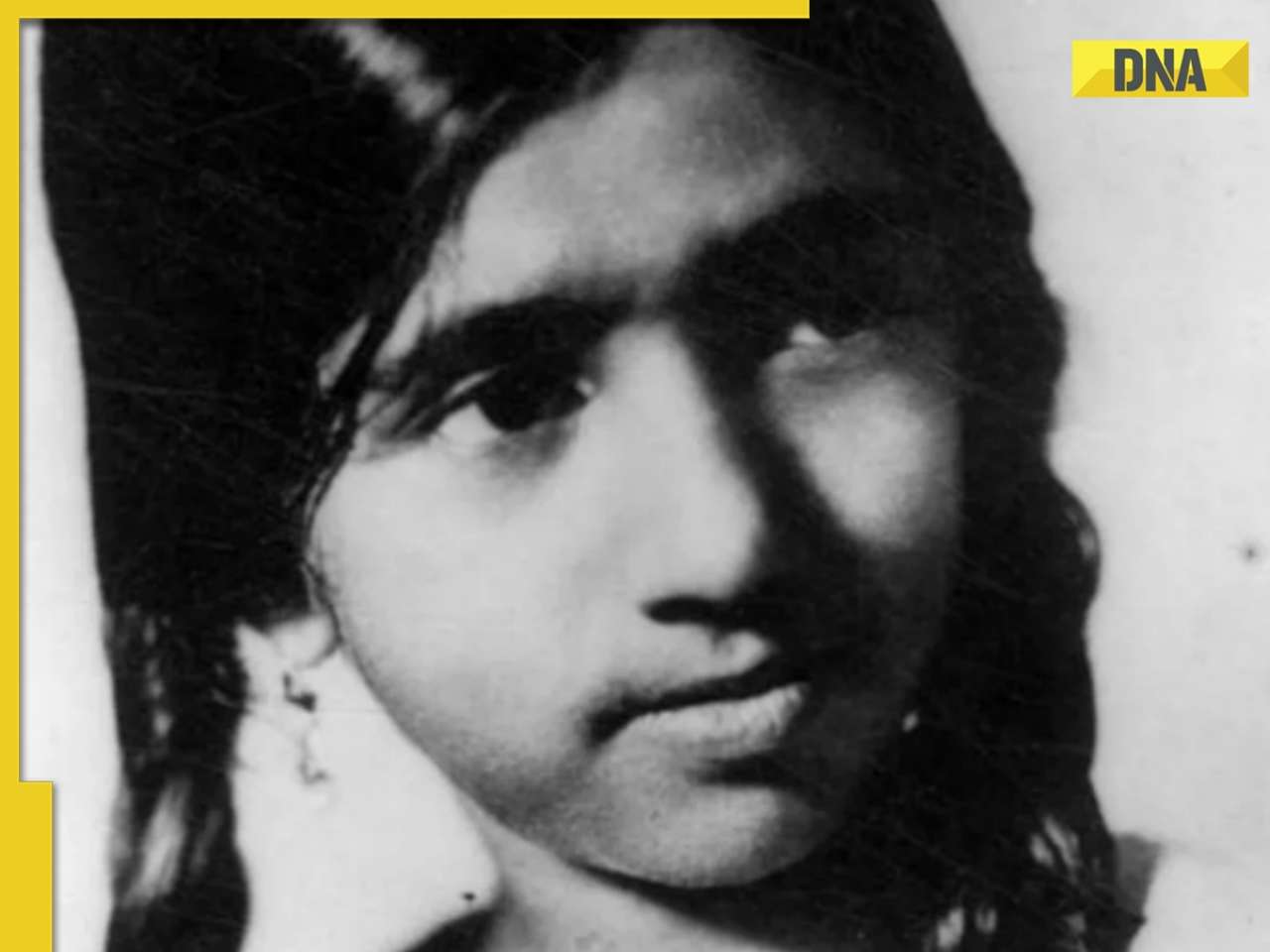

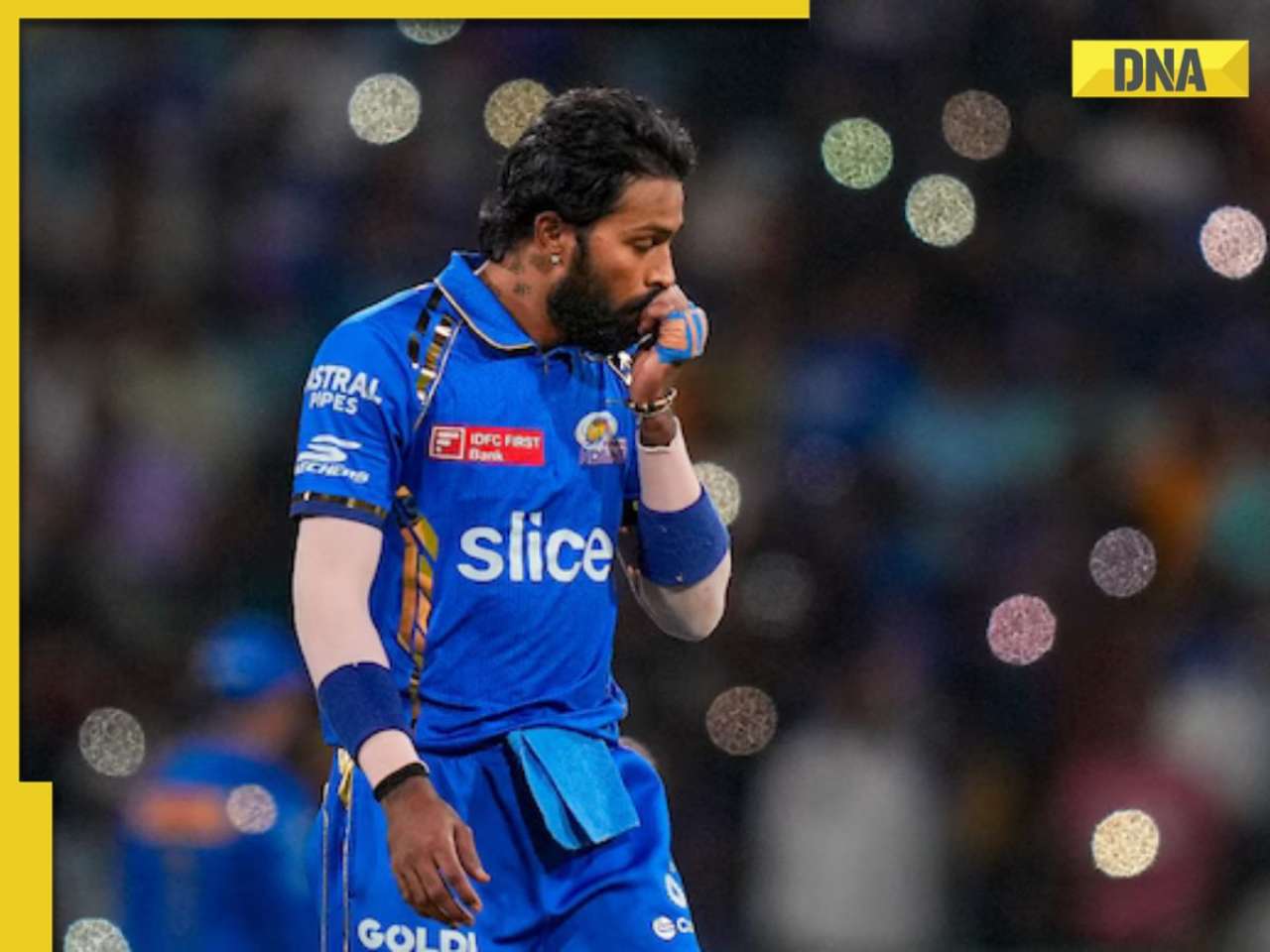
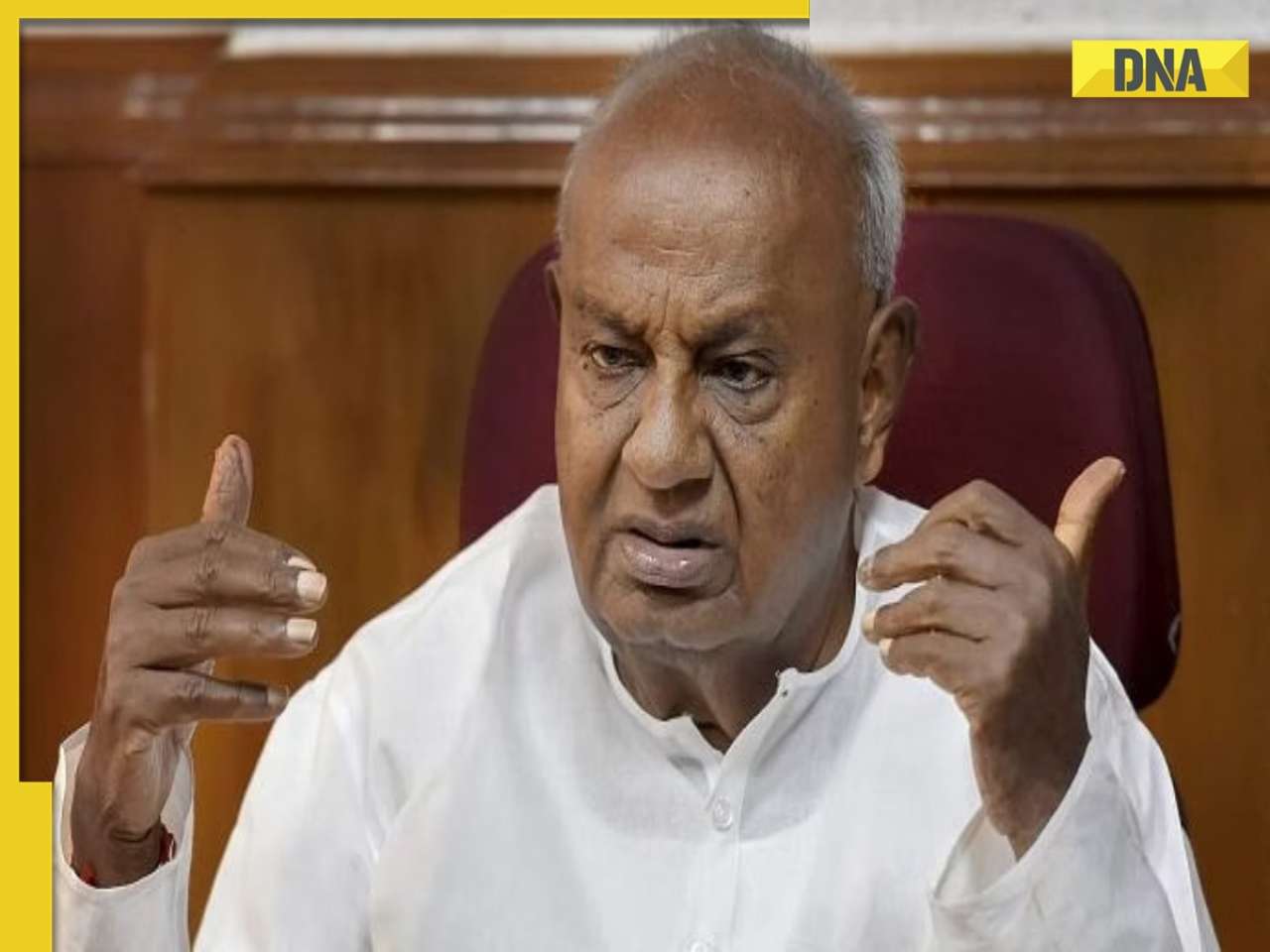
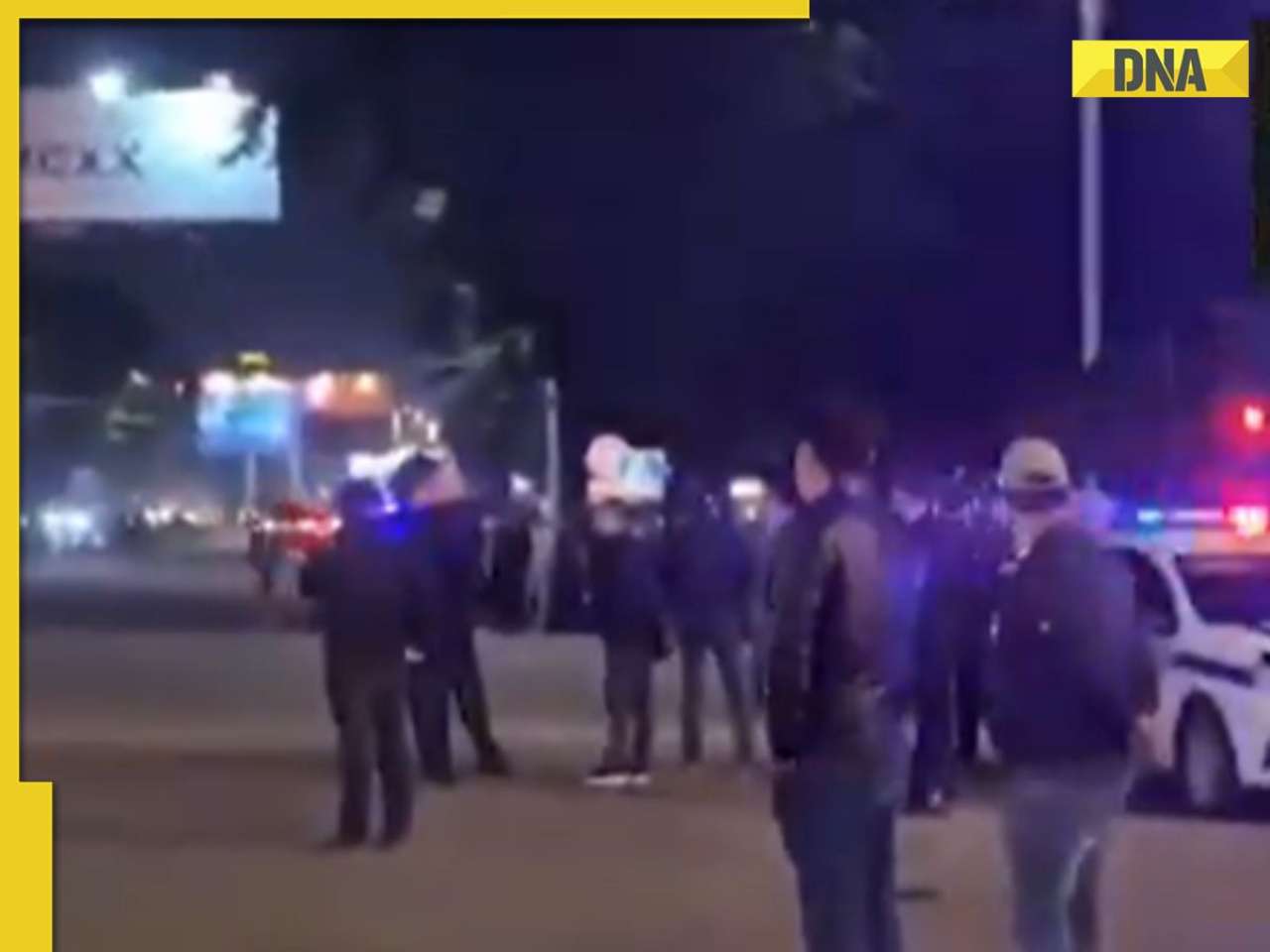































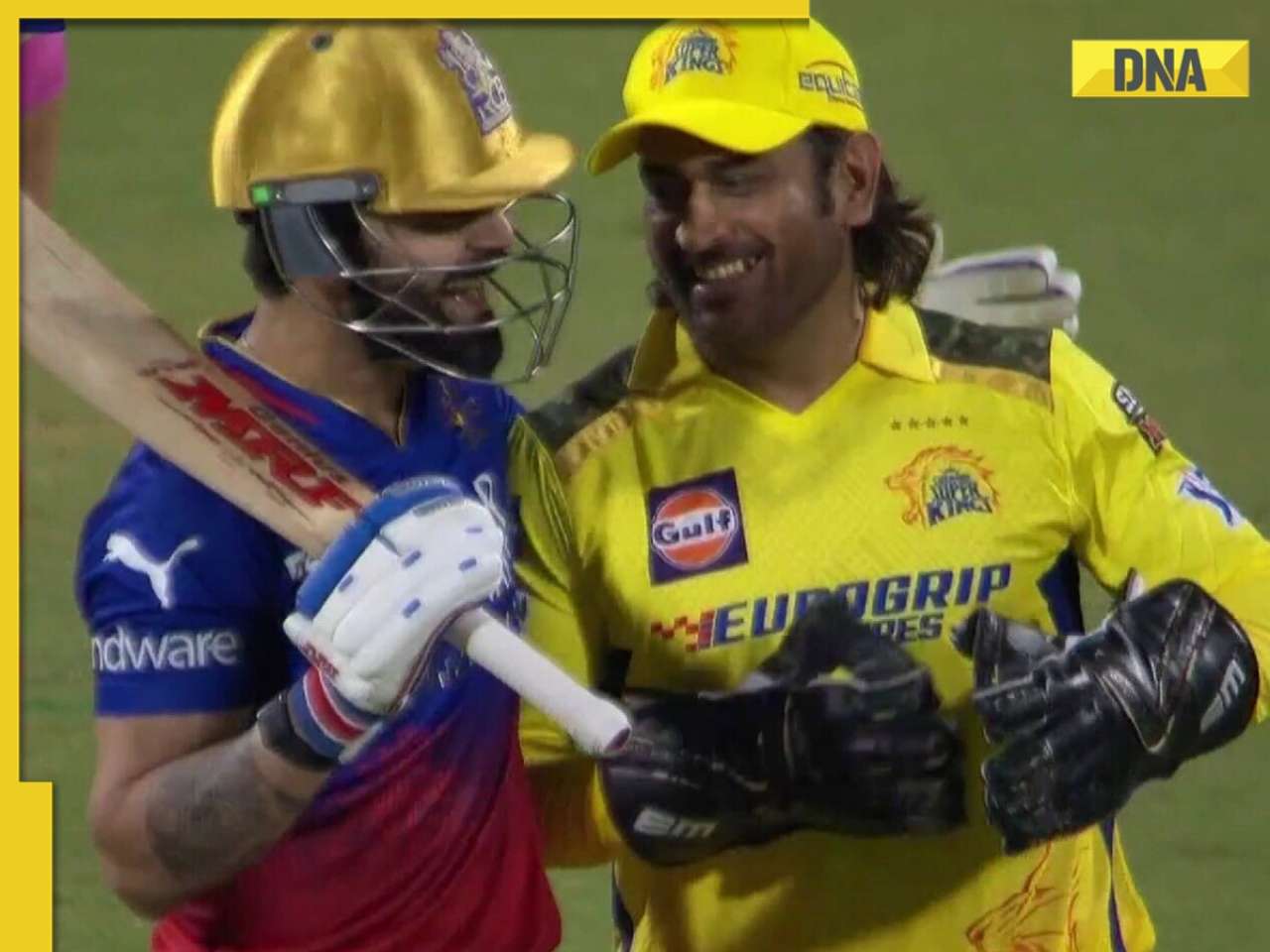





















)
)
)
)
)
)